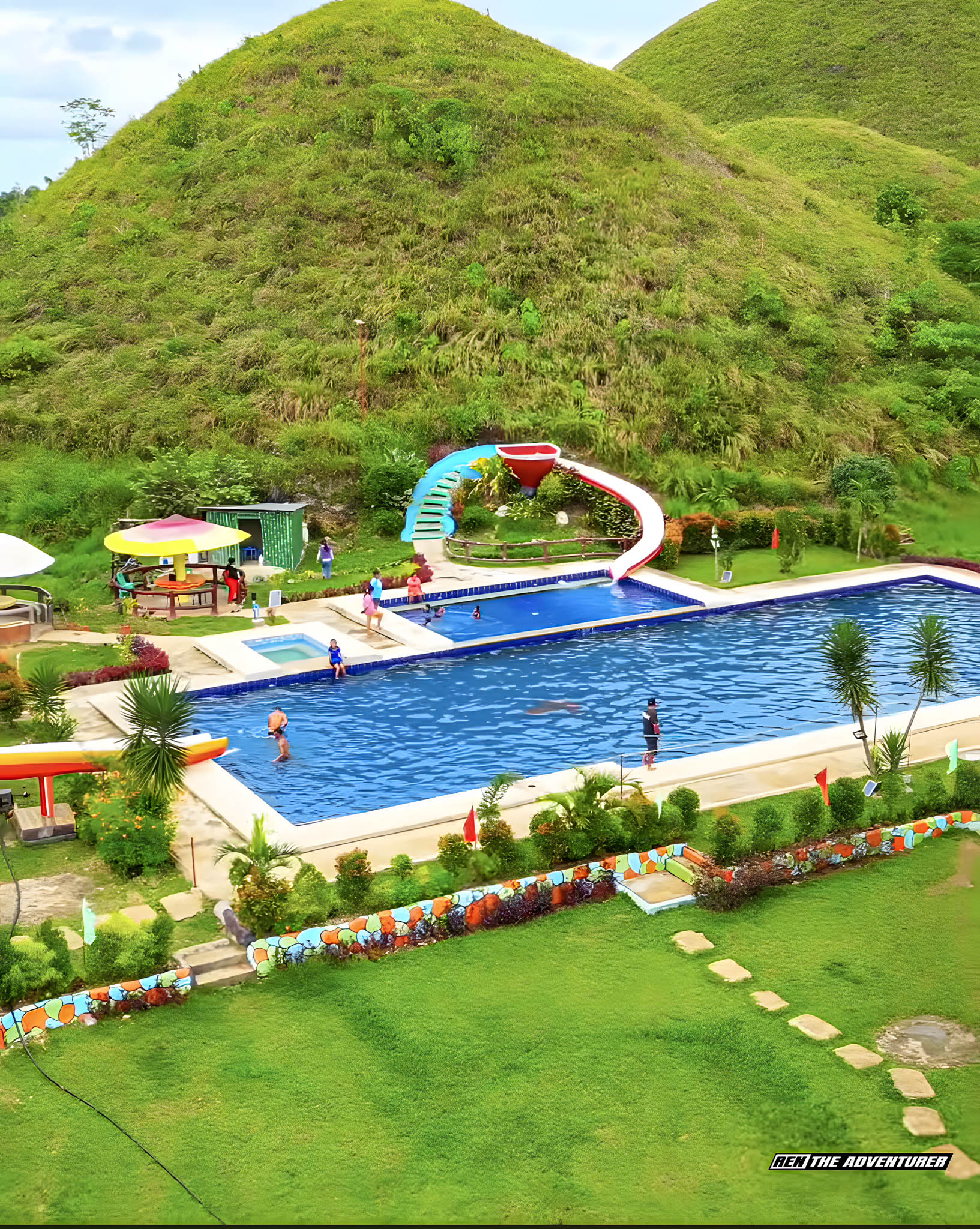
The Crucial Role of Environmental Compliance Certificates in Resort Development
Recently, Captain’s Peak Garden and Resort in Barangay Libertad Norte in Sagbayan, Bohol was under fire after it went viral online. People on social media voiced their concerns as it disturbs the pristine beauty and may potentially destroy the natural state of Bohol’s iconic Chocolate Hills. Julieta Sablas, Captain’s Peak Resort administrator, defended the resort in an interview saying that they received approval to build in the said area from the Department of Environment and Natural Resources (DENR)-Protected Area Management Board. The Local Government Unit of Sagbayan also granted them a business permit, allowing them to operate the resort.

According to the DENR, the resort sits within the protected zone of the Chocolate Hills, which were declared a protected area in 1997 by the administration of the late president Fidel V. Ramos.
“The declaration of the area as a protected area may impose certain restrictions or regulations on land use and development within the protected area, even for privately-owned lands,” DENR’s statement on March 13 states.
The agency also revealed it had already issued a temporary closure order last September 6, 2023 but the resort continued operating. Sablas acknowledged the receipt of the order but explained that they were appealing the decision.
Apart from the temporary closure order, the DENR said they also issued a Notice of Violation to the Chocolate Hills resort last January 22, 2024 for operating without an Environmental Compliance Certificate (ECC).
What is an Environmental Compliance Certificate?
In the realm of tourism and hospitality, the construction of resorts represents not only a significant investment but also a profound impact on the surrounding environment. As developers seek to capitalize on scenic landscapes and pristine locations, it becomes imperative to strike a delicate balance between economic growth and environmental conservation. One crucial instrument in achieving this equilibrium is the ECC.
Despite Captain’s Peak Garden and Resort’s claim on securing permits from another government agency, the Bohol LGU emphasizes that they don’t have an ECC and that they were not accredited by the Department of Tourism (DOT).
An ECC serves as a safeguard against the adverse effects of resort development on the environment. Here’s why it’s indispensable in the construction of structures like resorts:
Preserving Natural Ecosystems
Resorts are often situated in areas of ecological significance, such as coastal regions, forests, or mountainsides. These locations harbor diverse flora and fauna, fragile ecosystems, and natural habitats. Obtaining an ECC ensures that developers thoroughly assess the potential environmental impacts of their projects. It compels them to implement measures to minimize disturbance to wildlife, preserve vegetation, and protect water bodies, thereby safeguarding the delicate balance of these ecosystems.
Mitigating Pollution and Waste
The influx of tourists to resorts can significantly increase pollution and waste generation. From sewage discharge to solid waste accumulation, improper management can degrade air, water, and soil quality, jeopardizing the health of both the environment and local communities. An ECC mandates the implementation of proper waste management systems, wastewater treatment facilities, and pollution control measures. By adhering to stringent environmental standards, resorts can minimize their ecological footprint and ensure sustainable operations.
Promoting Sustainable Development
Sustainability has become a cornerstone of modern resort development. Beyond mere compliance with regulations, obtaining an ECC signifies a commitment to responsible stewardship of natural resources. It encourages developers to adopt sustainable practices, such as energy-efficient design, renewable energy utilization, and water conservation measures. Moreover, it fosters engagement with local communities, indigenous peoples, and environmental organizations, fostering partnerships for conservation and socio-economic development.
Enhancing Reputation and Marketability
In an era where environmental consciousness is increasingly valued by consumers, possessing an ECC can enhance the reputation and marketability of a resort. Eco-conscious travelers seek destinations that prioritize environmental preservation and sustainable practices. By demonstrating compliance with environmental regulations and obtaining certifications like Leadership in Energy and Environmental Design (LEED), resorts can differentiate themselves in the competitive tourism market, attracting discerning guests and bolstering their brand image.
Ensuring Long-Term Viability
Ultimately, the issuance of an ECC contributes to the long-term viability and resilience of resort developments. By conducting comprehensive environmental assessments and adhering to mitigation measures, developers mitigate the risk of regulatory violations, legal disputes, and reputational damage. Moreover, they future-proof their investments against evolving environmental regulations and climate change impacts, ensuring that resorts remain attractive destinations for generations to come.
The ECC plays a pivotal role in guiding the responsible development of resorts. By addressing environmental concerns, mitigating impacts, and promoting sustainability, it facilitates the harmonious coexistence of tourism and nature. As stakeholders strive to strike a balance between economic development and environmental conservation, the ECC emerges as a vital tool for shaping a more sustainable future for resort destinations not only in the Philippines but also worldwide. Resort developers and owners in the country can apply for ECC online through the DENR-Environmental Management Bureau website.
In the case of Captain’s Peak Garden and Resort, should they acquire an ECC prior to construction and operation, its building would have not be deemed unlawful. Regardless, the resort itself is, as described by concerned citizens, an “eyesore.” Design wise, it doesn’t blend well with its environment and disturbs the beauty of the Chocolate Hills. But should we really allow such developments in protected areas even if they have substantial requirements? Apparently, Captain’s Peak Garden and Resort is not the only structure in the area according to the DOT. There is another mountain resort in Sagbayan and a campsite in Carmen town in Bohol.
On March 13, 2024, the DENR issued a cease and desist order on the resort for operating without an ECC. The government still studies the case whether the resort will resume operations in the future.
Related Read: Panglao Shores in Bohol Aims to Be A Sustainable Leader



